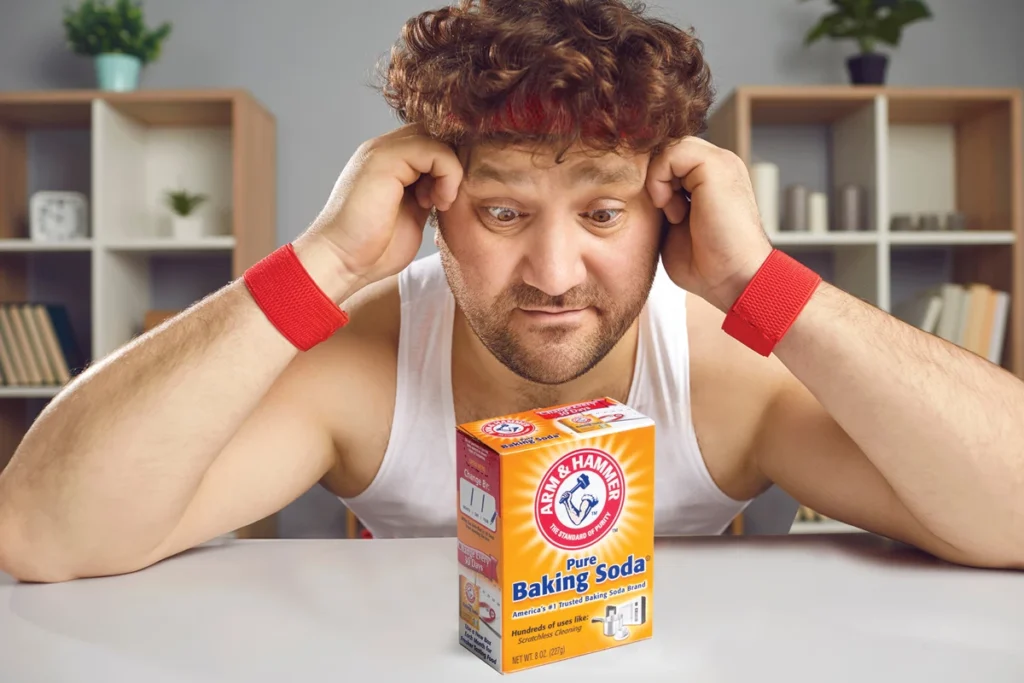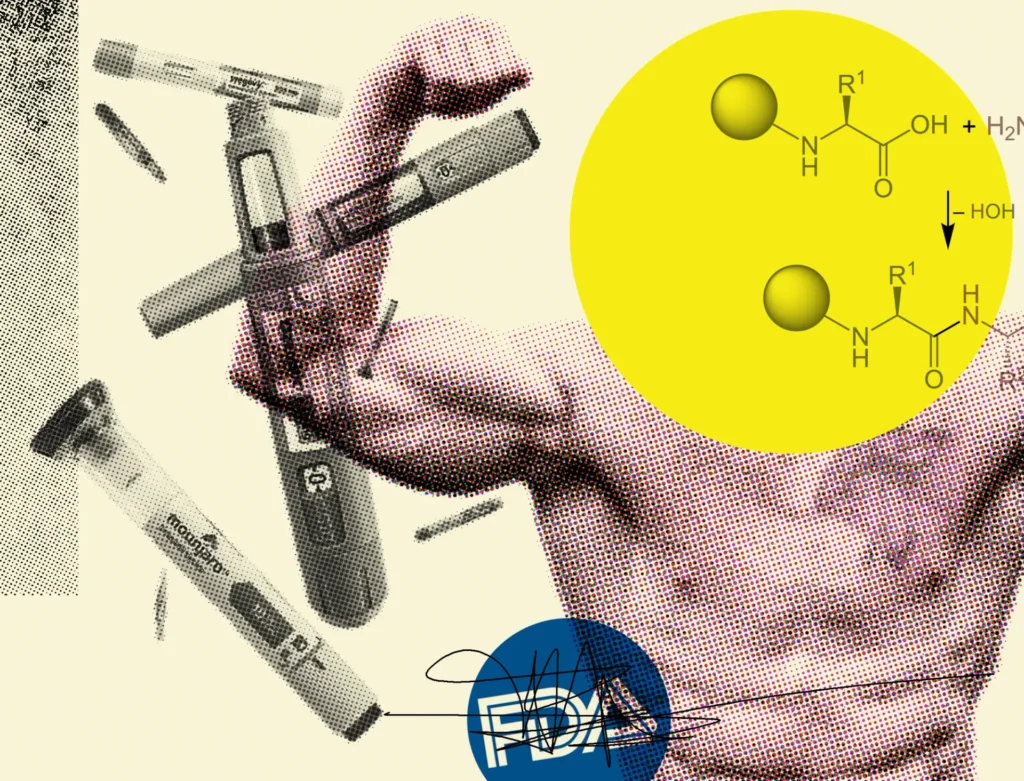6 types of drugs banned by the Olympics, and how they affect athletic performance, from marijuana to trimetazidine

- Olympic athletes are barred from using hundreds of different medications and drugs.
- Many offer a potential advantage in endurance, muscle-building, energy, or focus.
- The rules have prompted controversy around how athletes are penalized for testing positive.
Elite athletes competing at the Olympics and other international sporting events are banned from using certain medications and drugs, on the grounds that they may present safety risks, give unfair advantages, or violate the “spirit of sport,” according to the World Anti-Doping Agency (WADA).
Recent controversies surrounding high-profile athletes like Sha’Carri Richardson and Kamila Valieva have called into question what should happen to athletes caught using banned substances, and why certain drugs are banned at all.
Hundreds of substances are on the banned list, with widely varied reasons for prohibiting them. Major categories of banned drugs, like stimulants, anabolic agents, and metabolic modulators can affect athletic performance by accelerating muscle gains, improving blood flow, and boosting endurance and focus.
Anabolic steroids offer an edge in muscle and strength gains
Certain banned substances are designed to be used prior to competition, not during the event itself, to help athletes build muscle more quickly.
Known as training drugs, the category includes anabolic steroids, a wide range of synthetic forms of the human hormone testosterone that help prompt the body to pack on muscle to become bigger and stronger, according to the Mayo Clinic.
Growth factors help protect muscle and connective tissues
Growth factors, like human growth hormone (HGH), also aid in building muscle and connective tissue, like ligaments and tendons, and help protect them from breaking down during intense exercise.
Nigerian sprinter Blessing Okagbare was barred from the 2021 Toyko Olympics after testing positive for growth hormones.
Peptide hormones boost red blood cells
Included in the same category as growth hormones are peptide hormones like erythropoietin, which help the body produce more red blood cells and more effectively oxygenate the muscles. By making more oxygen available, the drugs can help improve endurance.
Using peptide hormones for a competitive edge is known as “blood doping,” Dr. Charles Yesalis, professor emeritus of health and sports science at Penn State, previously told Insider.




